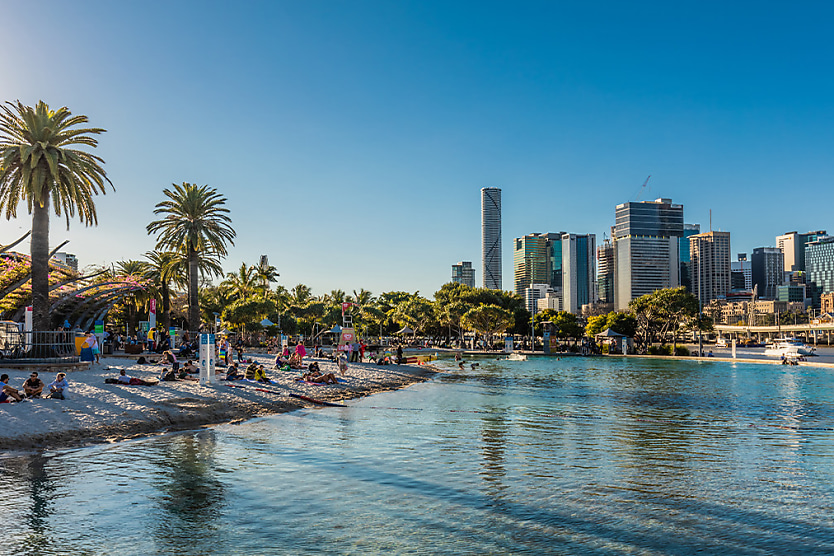How to stop ‘holiday brain’ from slowing you down
SHARE THIS ARTICLE

It’s fair to say that many Aussie workers are still stuck in holiday mode, but with most already back in the workplace – that mindset can pose some real issues.
That sluggish feeling of returning to work after a much-needed summer break can be extremely difficult to get rid of as the work season begins. This feeling can impact a worker’s ability to thrive in their role, which eventually has an effect on the overall business.
Dr Melissa Wheeler from RMIT University explained what holiday brain is and how it can put workers in a mental blender when they get back to their workplace.
“Returning to work after the holidays can be tough, especially when your brain is still on holiday mode. What I like to call holiday mode is that sluggish or foggy state, where it seems to take longer to process things or to pay attention,” she said.
“This feeling can be caused by the break from our routines and habits over the holidays. Habits eliminate the need to make lots of micro decisions, allowing your brain to smoothly ‘go with the flow’. Without your habits in place, you’re making more decisions and working your brain harder during the day – which may account for the sluggish feeling.
“For instance, after freely snacking on holiday, you may find yourself feeling distracted and hungry during your usual routine. Whereas, in your usual routine, your mind and body expect to break for lunch and finish before dinner, leaving you less distracted by intrusive thoughts of donuts.”
Wheeler offered some advice and potential strategies for workers who may be stuck in the holiday-brain mindset.
- Scrutinise your routines – “Reflect on your daily work routine, particularly on what worked and what didn’t work for you in 2024. When resetting your routines, one common error is to try to fit as much into one day as humanly possible. Leaving a little room to breathe, to think, and to explore will cushion you from potential burnout and allow for greater creativity with a routine that is more sustainable in the long term,” Wheeler said.
-
Find your flow state – “If you’re feeling bored and distracted, you need to find your flow state. That is, being ‘in the zone’, where distractions seem to disappear, time flies, you have a sense of progress, and even hard tasks feel effortless. Avoid multitasking and try strategies like time-blocking or completing the most daunting task at the start of your day.”
-
Get excited – “Identify something you’ve been looking forward to and add it to your immediate to-do list. You can also make a plan to avoid doing the things you don’t like. For example, if you hate public speaking but have a colleague who loves it, consider which tasks you could swap.”
RELATED TERMS
Employees experience burnout when their physical or emotional reserves are depleted. Usually, persistent tension or dissatisfaction causes this to happen. The workplace atmosphere might occasionally be the reason. Workplace stress, a lack of resources and support, and aggressive deadlines can all cause burnout.
Kace O'Neill
Kace O'Neill is a Graduate Journalist for HR Leader. Kace studied Media Communications and Maori studies at the University of Otago, he has a passion for sports and storytelling.

